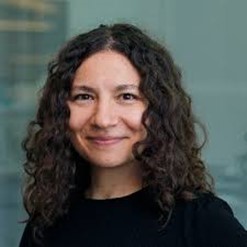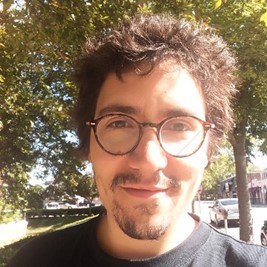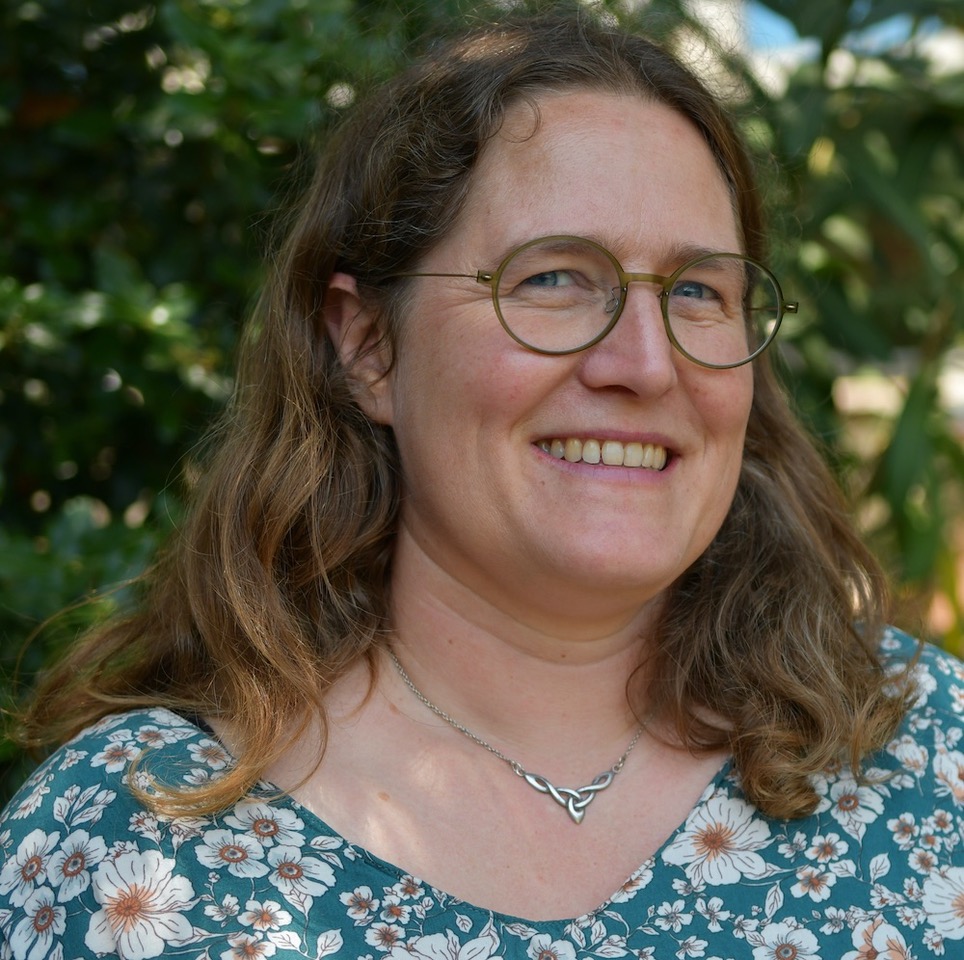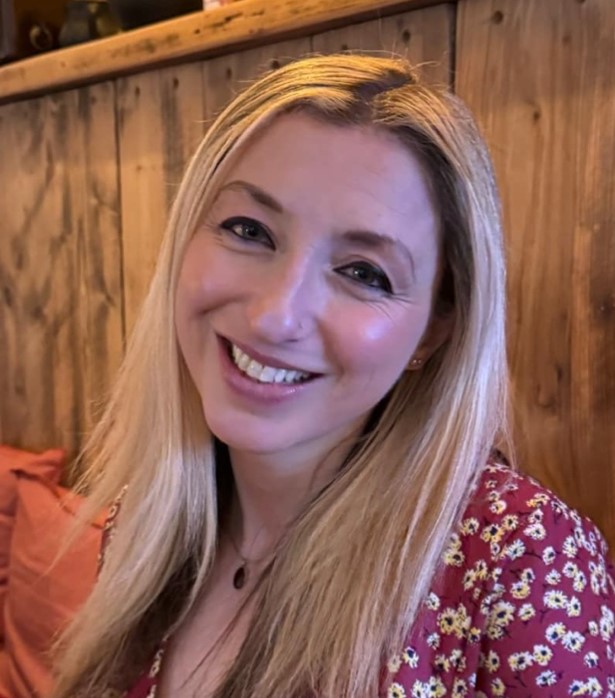Margarida Cardoso Moreira
Evolutionary Developmental Biology Lab, The Francis Crick Institute, London, United Kingdom

Title: Origins of cells and organs - the view from the placenta
Margarida did her PhD research in evolutionary genetics in the group of Manyuan Long at the University of Chicago and afterwards joined Andrew G. Clark’s group at Cornell University for a postdoc. While at Chicago and Cornell, Margarida investigated how new duplicated genes are created, their early dynamics in populations and why some eventually become fixed. Over time, Margarida’s interests expanded to include the genetic and developmental bases of new phenotypes, which led her to join the group of Henrik Kaessmann, first at the University of Lausanne and then at Heidelberg University. Margarida spearheaded a research program on the evolution of mammalian organs, for which she received the Otto-Schmeil prize from the Heidelberg Academy of Sciences in 2020.
Margarida started her group at the Francis Crick Institute in 2021. She studies how new cells, new tissues, and new organs originate. Margarida’s group is investigating these fundamental questions by studying the placenta, an organ that has evolved independently at least 100 times across vertebrates and which shows an incredible diversity of forms and functions across different species.
Find out more about her research and publications here https://www.crick.ac.uk/research/labs/margarida-cardoso-moreira and here https://cardosomoreira.gitlab.io/
José Cerca
Centre for Ecological and Evolutionary Synthesis, University of Oslo, Oslo, Norway

Title: How do lineages in isolated, remote islands evolve to become so diverse? Insights from transposable elements in Hawaiian spiders, and ancestral variation (or lack thereof) in Cabo Verde sparrows
Natural da Guarda, é licenciado em Biologia e Mestre em Ecologia pela Universidade de Coimbra. Concluiu o doutoramento em Genómica Evolutiva na Noruega. Em Berkeley, começou a trabalhar com biologia de ilhas e adaptações radiativas. Fascinado pela evolução de linhagens diversificadas em ilhas remotas, atualmente concentra-se no estudo de diferentes grupos evolutivos: margaridas nos Galápagos (Asteraceae), aranhas no Havai (Tetragnatha sp.), e pardais em Cabo Verde. Para mais informação podem ver no site do grupo de evolução em ilhas (https://islandevolution.github.io/) e no seu site pessoal (https://jcerca.github.io/)
Originally from Guarda, he holds a degree in Biology and a Master's in Ecology from the University of Coimbra. He pursued a PhD in Evolutionary Genomics in Norway. In Berkeley, he began working on island biology and radiative adaptations. Fascinated by the evolution of diverse lineages in remote islands, he currently focuses on the study of various evolutionary groups: daisies in the Galápagos (Asteraceae), spiders in Hawaii (Tetragnatha sp.), and sparrows in Cape Verde. For more information check José’s group website (https://islandevolution.github.io/) or his personal website (https://jcerca.github.io/).
Allowen Evin
Institute of Evolutionary Science of Montpellier, University of Montpellier, CNRS, France

Title: 8,000 years of domestic plants and animals evolution : understanding local adaptation under socio-economic and climatic fluctuations
Allowen Evin is a bioarchaeologist at the Institut des Sciences de l'Évolution - Montpellier (ISEM), France. Her work bridges the fields of evolutionary biology and archaeology, focusing on the biological and cultural history of domestic species. She is particularly interested in the evolution of the relationship between human societies and domestic plants and animals. Allowen employs fine morphometric tools, including traditional and geometric morphometrics, to analyze archaeological remains such as teeth, bones, and seeds. She is the Principal Investigator of the ERC-funded project DEMETER, which aims to understand changes in animal and plant agrobiodiversity in the Northwestern Mediterranean basin since the beginnings of agriculture around 8 millennia ago.
Rebecca Mead
Milner Centre for Evolution, University of Bath

Title: The Sandwalk: Time for Thinking about Evolution Education
Becky completed her PhD at the Milner Centre for Evolution at the Univeristy of Bath with funding from the Evolution Education Trust. Her research focused on how evolution and genetics are taught in schools, what affects evolution understanding and acceptance, and how this can be improved. Since then, she has used findings from her research to develop “Exploring Evolution” workshops, supporting trainee and practicing teachers with their teaching of evolution. She works with various universities and charities to deliver collaborative training to educators and supports numerous organisations with developing evidence-based approaches to science outreach and education.
Becky is also a qualified Secondary Science teacher and has taught various subjects in primary and secondary schools across England and Wales. She has particularly enjoyed working with young people with Special Educational Needs and Disabilities, and as an English as an Additional Language teacher, supporting those who are new to the U.K. and the English language.
Participation Funded by Universidade do Porto UPorto, Caixa Geral de Depósito, Quilaban and BIOPOLIS